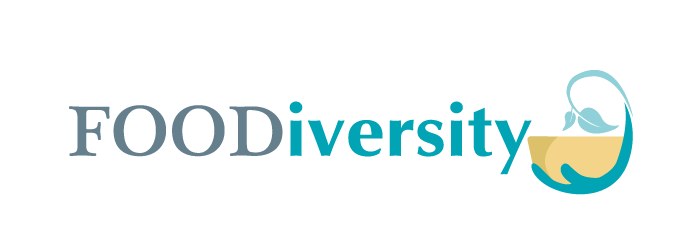
Mackenzie Farmer
Mackenzie has a profound passion for health-related nutrition due to her own experiences. After reaching an impasse in her medical treatment for hypermobile Ehlers Danlos syndrome, she looked towards her diet as a solution. It was from her research on nutrient-based treatment for hEDS that she created her book, A Holistic Workbook for Hypermobile Ehlers Danlos Syndrome. In it, she offers easy and affordable recipes that align with empirically-based dietary recommendations for individuals with hEDS, accessible mobility-improving exercises for the entire body, and a template for tracking the multitude of symptoms associated with this condition.
Outside of her work in hEDS, she hopes to expand her nutrition-based work to other chronic autoimmune disorders with limited treatment options.
During her undergraduate studies, Mackenzie found an interest in aiding individuals with dietary restrictions while working for a food services company that leads in collegiate dining. In her position, she witnessed the daily struggles that college students with food allergies experience while enrolled in a standardized meal plan. Given that college students are at an increased risk for food insecurity compared to the general population, this experience allowed Mackenzie to learn about the unique needs of food insecure individuals with dietary restrictions (Freudenberg et al., 2019).
In her role at FOODiversity, she seeks to expand the Food Delivery Program. Mackenzie also plans to collect meaningful quantitative and qualitative data, for use in program design, development and evaluation, about the lived experiences of those facing food insecurity while managing dietary restrictions.
Mackenzie is currently an M.P.H. candidate in Nutrition at the University of North Carolina – Chapel Hill. She graduated from the University of South Carolina in 2023 with a B.A. in Public Health.
Freudenberg, N., Goldrick-Rab, S., & Poppendieck, J. (2019). College Students and SNAP: The New Face of Food Insecurity in the United States. American journal of public health, 109(12), 1652–1658. https://doi.org/10.2105/AJPH.2019.305332

